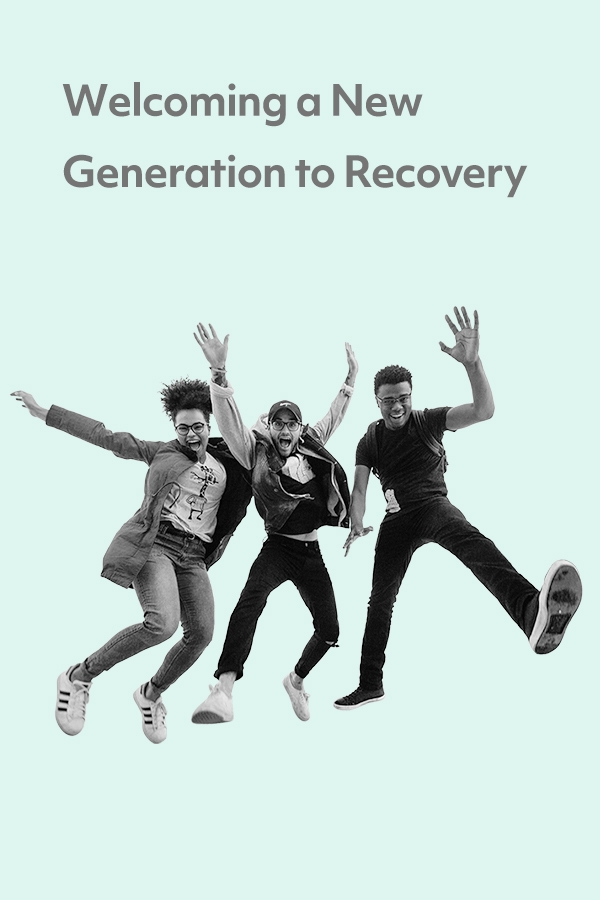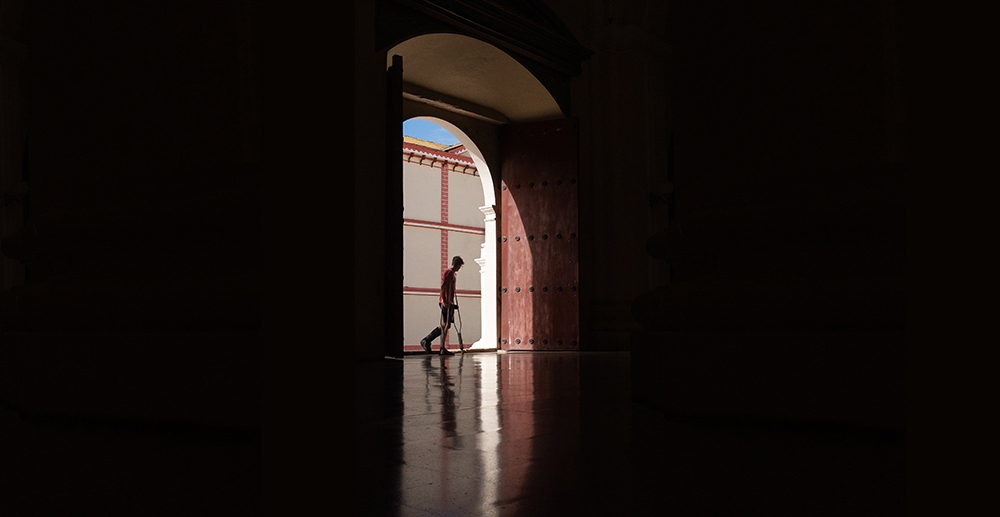Being a motivational speaker has opened my eyes in unexpected ways. I often feel that I am paid to understand people and to adapt to others. The minute I become stubborn in my approach, I may as well retire. We have entered into a new generation of recovery that requires this kind of understanding from leadership at a policy level. Far too often, I hear, “I am in recovery, but I was told that my recovery does not count!” No one owns recovery. This gatekeeping is demoralizing for many.

My perspective as a college student in recovery
As a student in recovery, I will be returning to campus this fall. I am blessed with five years of sobriety and a strong foundation of recovery support. However, I’m still nervous and preparing for a significant adjustment. For the past year, I’ve been studying in an online format. My therapist and I have discussed different options for adjusting to this new reality. Understand I have a blessed home with amenities, medication, therapy, and a fiancée in long-term recovery.
I have spoken with other students in recovery and talked about how they plan to adjust. Some of those plans include things that many consider not a recovery program. These options include different types of maintenance programs to help them transition to this new reality. College is competitive, and GPAs are academic currency. The rising cost, competition of admissions, and difficult job market put a lot of pressure on students.
As a community, we need to be flexible and adapt to new recovery options
While speaking at a virtual conference at Mississippi State University, I attended a breakout session delivered by the Drug Enforcement Agency. The speaker from the DEA spoke at length about the rising levels of methamphetamine across college campuses. This rise is no accident and speaks to the trouble our youth is facing. We need to create more safe spaces for these students to share their experiences and heal rather than judge their recovery.
Since when as a society do we not love options? However, for some reason, that does not translate to the world of recovery? I believe in all pathways of recovery because we are all different. What someone else needs to recover has nothing to do with my recovery. I am thankful that I grew up and became an advocate of all pathways of recovery. I encourage you to accept this new generation of recovery, otherwise, we will continue to lose our youth. Before I was ever called to lead the youth, I had to become a servant of their needs first. Ego has only helped to bury youth; we now need leadership who will uplift them to new heights.










